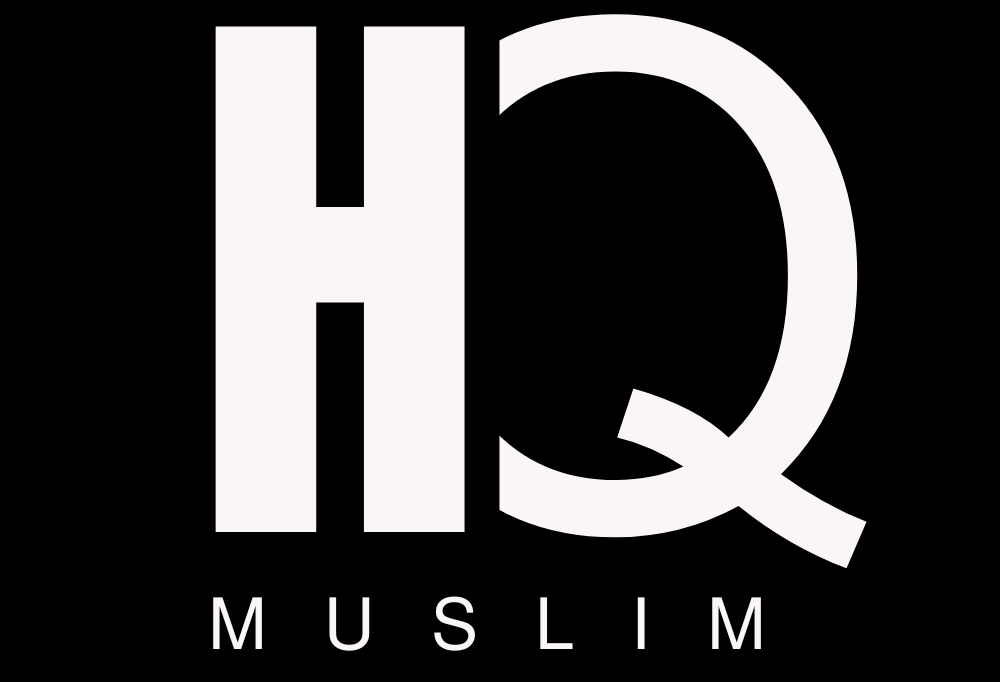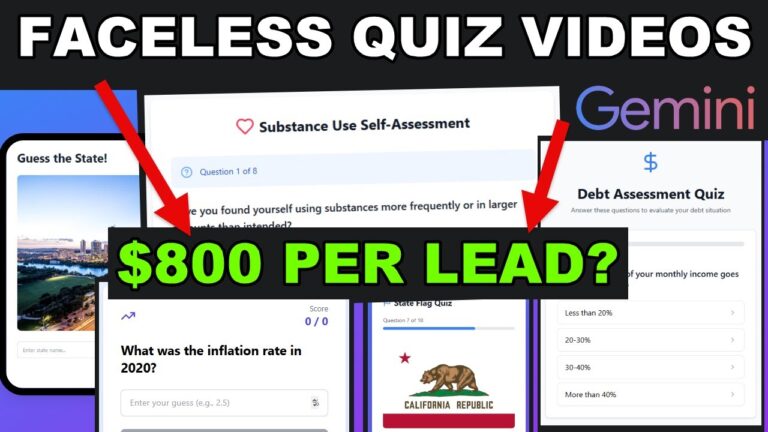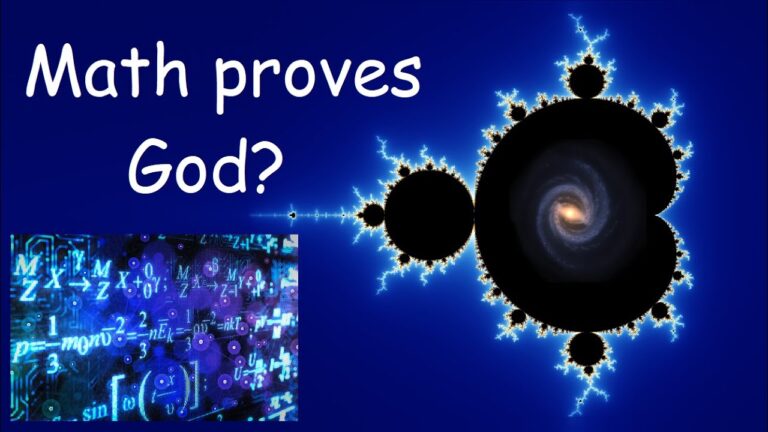🇮🇪 Ireland & Palestine: A Brotherhood of Struggle & Resistance
Time Interval: 00:00 – 25:04
1A. Shared Histories, Shared Wounds
📝 The Point:
• Ireland and Palestine share a deep connection through their histories of colonization, partition, and oppression.
• The British Empire employed similar strategies in both regions—land confiscation, forced partition, and religious divisions to control and divide populations.
• The Irish see their own historical suffering reflected in the Palestinian struggle, fueling their unwavering solidarity.
⚖️ The Law:
• History echoes in oppression: Patterns of colonial rule repeat across time, adapting but never disappearing.
• Religious divisions as a tool of control: Oversimplifying conflicts as religious disputes hides the true political and colonial nature.
• Partition as a method of subjugation: Dividing nations under the guise of “compromise” ultimately weakens resistance and strengthens imperial control.
🔮 And So:
• The Irish support for Palestine is not just symbolic—it is personal, rooted in a lived history of oppression.
• Governments may change, but colonial strategies persist, adapting to new contexts.
• The ultimate consequence? If we don’t challenge these patterns, they will continue elsewhere in the world.
💭 Are we merely observers of history, or do we have a duty to intervene and break the cycle of oppression?
1B. The People vs. The Establishment
📝 The Point:
• The Irish people overwhelmingly support Palestine, but their government remains cautious, entangled in global economic and political pressures.
• The 1984 boycott of South African goods by Ireland showed the power of solidarity, but similar actions against Israel are met with resistance at the governmental level.
• The Irish ruling elite aligns more with Western powers like the U.S. and EU, prioritizing economic stability over ethical responsibility.
⚖️ The Law:
• Economic entanglement breeds hypocrisy: Governments often say one thing but act differently due to financial dependencies.
• Grassroots movements shape history: People, not governments, drive real political change.
• Political expediency trumps justice: Officials avoid radical action if it threatens their political survival.
🔮 And So:
• Governments are slow to act unless the people force their hand.
• Economic interests often override human rights concerns, making genuine intervention difficult.
• If hypocrisy prevails, how can Ireland claim to be a true champion of oppressed nations?
💭 Is it possible to separate politics from morality, or is every political decision a moral one?
1C. The Parallels of Resistance
📝 The Point:
• Stories of personal connections between Irish and Palestinian families highlight the shared emotional and social impact of colonialism.
• The struggle against British rule in Northern Ireland mirrors the resistance against Israeli occupation.
• The legacy of resistance is passed down through generations, shaping identities and fueling the drive for justice.
⚖️ The Law:
• Oppression creates solidarity: Shared suffering fosters deep alliances.
• Intergenerational trauma fuels resistance: Memories of past oppression keep the fire of activism alive.
• Empathy builds movements: Personal connections make global issues feel immediate and urgent.
🔮 And So:
• The Irish-Palestinian bond is not just historical but deeply personal.
• Recognizing shared struggles strengthens global movements for justice.
• If we see injustice but remain silent, do we become complicit in it?
💭 Does suffering always lead to solidarity, or does it sometimes breed indifference?
1D. Satire as a Weapon Against Propaganda
📝 The Point:
• Irish comedian Ty Hickey uses satire to expose the absurdity of Western narratives about Israel-Palestine.
• The Israeli government uses complexity as a barrier—making people feel they need expertise to understand the conflict.
• Humor simplifies issues, cutting through propaganda and making the truth accessible.
⚖️ The Law:
• Satire dismantles power: Laughing at injustice robs it of its authority.
• Propaganda thrives on confusion: Making an issue seem too complex discourages public engagement.
• Truth can be simple: Some injustices are not nuanced—they are just wrong.
🔮 And So:
• Humor is a powerful tool for political activism, making difficult topics accessible.
• By demystifying conflicts, satire empowers ordinary people to take a stance.
• If truth is so dangerous to power, why do we still hesitate to speak it?
💭 Do we underestimate the power of humor in shaping political consciousness?
1E. Censorship & Silencing Dissent
📝 The Point:
• Activists and artists who speak out against Israeli actions often face censorship, loss of income, and media blacklisting.
• Social media influencers critical of Israel find themselves losing sponsorships and contracts.
• Despite widespread public support for Palestine, institutional structures suppress dissent.
⚖️ The Law:
• Silencing voices is an admission of guilt: If a cause were just, it wouldn’t need to suppress opposing views.
• Economic censorship is a modern tool of oppression: Cutting financial support for dissenters discourages activism.
• Public opinion and government policy often diverge: The more popular a cause, the harder the establishment fights it.
🔮 And So:
• The Irish government and corporate interests suppress voices that challenge Western narratives.
• The fear of financial or reputational damage keeps many from speaking out.
• If money determines who gets to speak, is free speech really free?
💭 Can a society claim to be democratic if certain truths are deemed too dangerous to tell?
Final Thought: Where Do We Go From Here?
• Ireland’s solidarity with Palestine is not just symbolic—it is deeply rooted in a parallel history of struggle.
• The Irish government’s hesitancy to act exposes the gap between political rhetoric and real commitment.
• Censorship and economic retaliation show that speaking truth to power is still costly.
• Yet, the people continue to push forward, showing that change starts at the grassroots level.
💭 Will Ireland’s government align itself with its people’s values, or will economic and political pressures keep it complicit?







